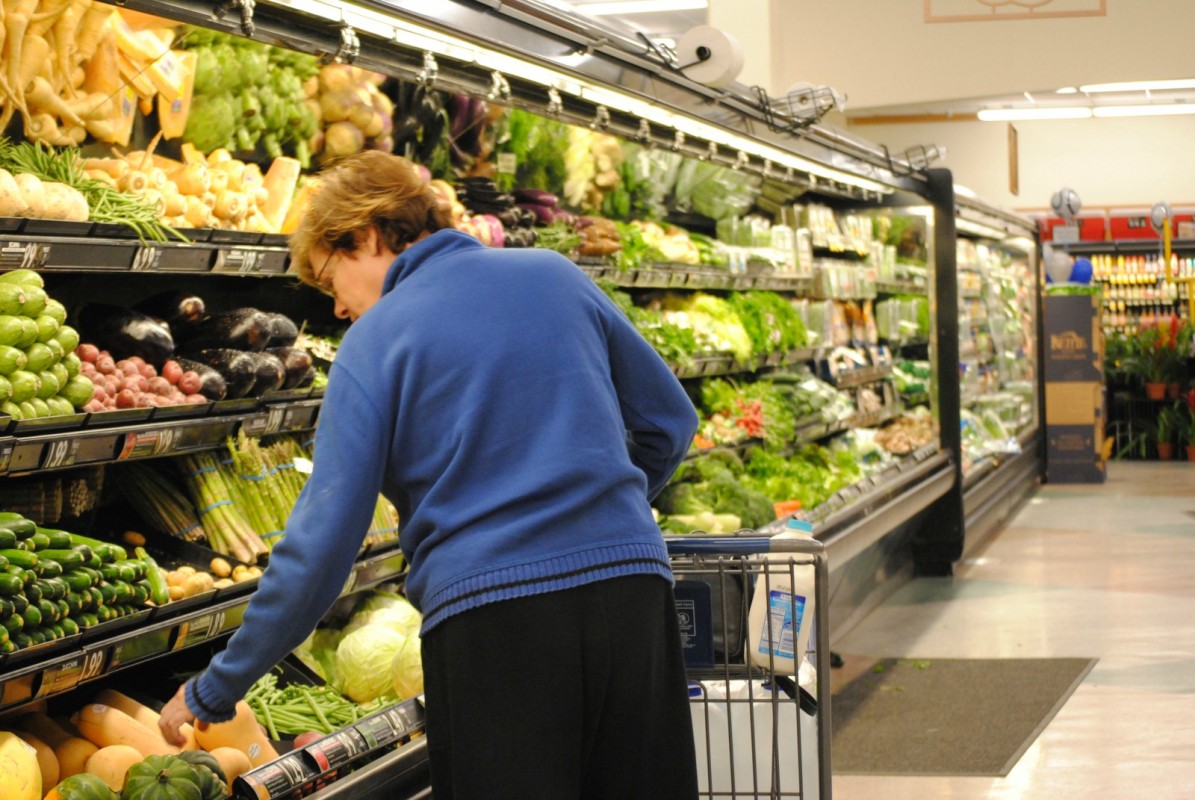Preserve the health of the planet also passes through the feed. Each of us can help improve food sustainability following a Decalogue proposed from eating local and seasonal produce to interest in agricultural methods, livestock and fisheries.

The Decalogue is born from the need to demonstrate to the whole society, the various elements that affect the sustainability of production and consumption of food at the community level.
The ten basic premises
1. Choose foods and eat nearby. Choose products of the territory in local markets
Transporting food from remote to their points of consumption places is an important component of the environmental footprint of food, mainly due to energy consumption and consequent pollution. In addition, buying local products in local markets positively affects the economy and local development, in reviving the rural environment and landscape protection and ecosystems.
2.Eat foods in season, preferably
The seasonal foods respect the seasons and favorable weather conditions, providing products with better and nutritional characteristics. In addition, food purchased in season tends to be more affordable and sustainable.
3. Revalues traditional foods and recipes and local
Food education is fundamental to the culture and identity of peoples element and therefore the protection of the gastronomic and culinary heritage in the community must make a priority for food sustainability itself.
4. Learn how to buy and cook in the company
Family or friends, learning healthy eating habits happens to know food, culinary techniques and basic skills to buy and even to produce the food and ingredients.
5. Plan menus and shopping. Attempts to reduce waste, avoid food waste and recycling properly at home and in the community
Planning purchases and menus must obey sustainability criteria: health, environment, economy and culture. Therefore waste and waste generated throughout the entire food chain (producer, distributor, and consumer) should be avoided. Try properly recycle food waste both their packaging food also practicing solidarity.
6. Prioritizes plant foods. Moderate consumption of meat and meat and dairy
The production of animal food (especially red meat, meat products and dairy by intensive procedures) produces greater environmental footprint than the plant elements (cereals, fruits, vegetables, legumes and nuts) especially at higher emission greenhouse gases, increased water consumption and energy resources and increased use of land area. In addition, your health will thank you.
7. Use the terrestrial and aquatic biodiversity sustainable to ensure its continuity
Biodiversity loss in recent decades, both plant and animal species may jeopardize the sustainability of the global food system and compromise the safety of food and deteriorate the food quality and variety. The consumer, although it has less responsibility for these aspects of food, should be aware of its importance and significance proactively. Look at the information available at the point of purchase and if you do not see, ask.
8. Take an interest in sustainability and equity of agricultural procedures, livestock and fisheries
Sustainability is important throughout the entire food chain (production, processing and distribution), both animal and vegetable products. The environment is often more vulnerable to intensive production than traditional production systems, farming or fishing and, therefore, to promote the harmonious and sustainable food systems.
9. Enjoy the conviviality and the pleasure of food, always with balance and moderation
Conviviality and pleasure are essential elements of food that print identity act; however, these should be combined with balance, variety and moderation to prevent the playful and festive become excess and waste.
10. The Mediterranean diet is one of the most emblematic examples of healthy and sustainable food
The Mediterranean diet, Intangible Heritage of UNESCO, is one of the healthiest, traditional and sustainable food models on the planet. Preservation and promotion does not have effects on health and quality of life of people and the community but also on the health of our planet only. They should be encouraged and developed Community actions promoting healthy eating patterns proximity linked to the territory (land and water), culture, equity and economy.
